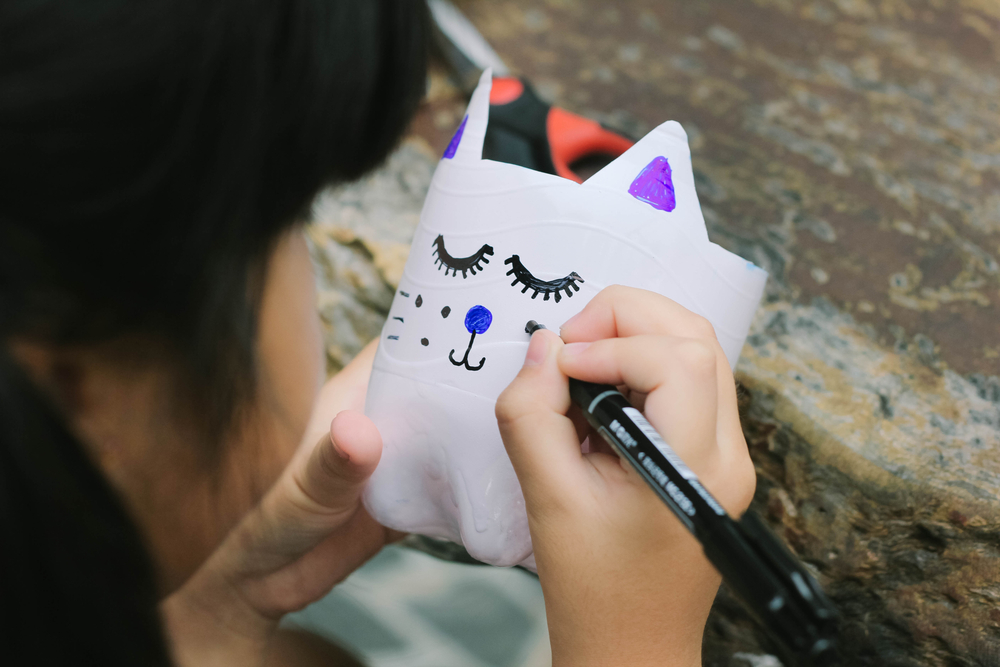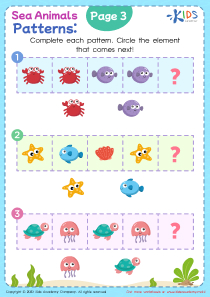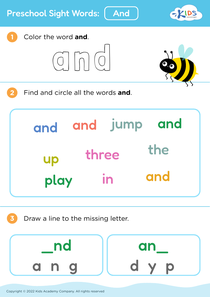Integration of Knowledge and Ideas
5 filtered results
-
From - To
Welcome to our "Integration of Knowledge and Ideas" resource page! Here, young learners will explore the fundamental skill of synthesizing information from diverse sources. Our engaging printable worksheets are designed for preschool and early primary students, promoting critical thinking and comprehension through interactive activities. Children will learn to compare and contrast different texts, make connections between stories, and understand various perspectives. By working through these exercises, students will enhance their analytical abilities and build a solid foundation for future learning. Join us on this exciting journey to inspire a love for reading and deepen understanding of literature!
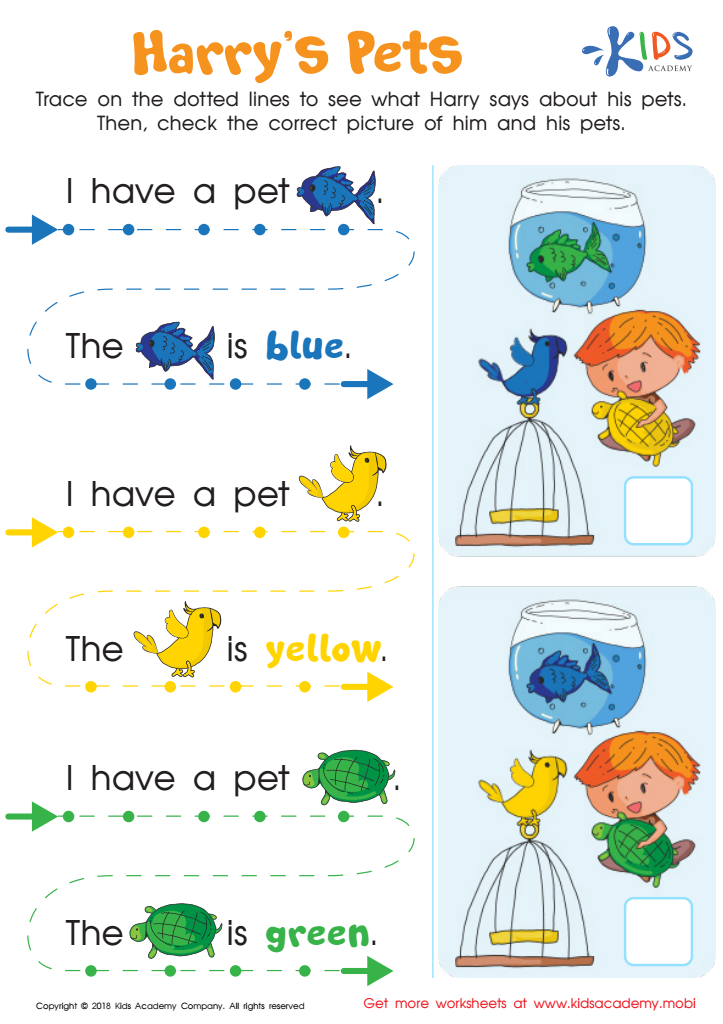

Read from Left to Right: Harry's Pets Worksheet
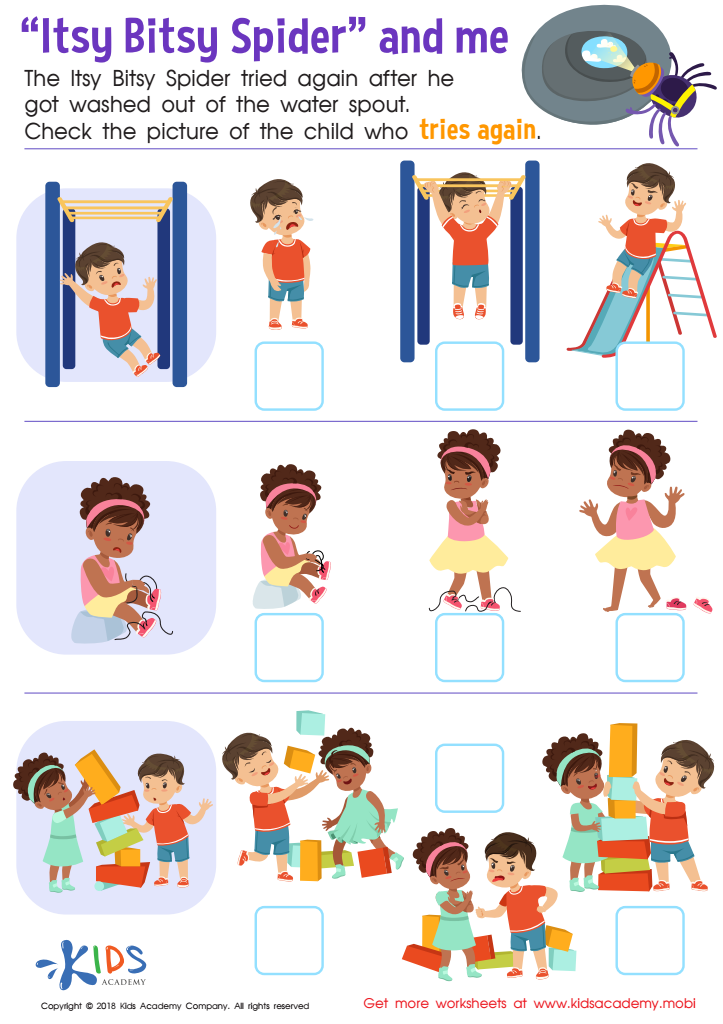

Itsy Bitsy Spider and Me Worksheet
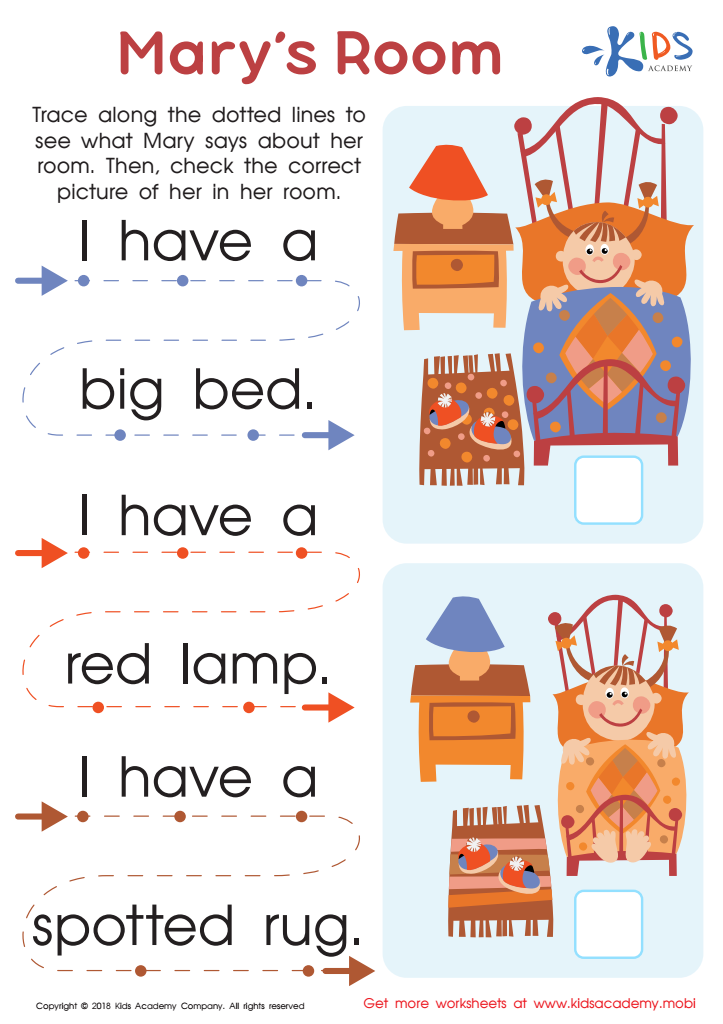

Mary's Room Worksheet
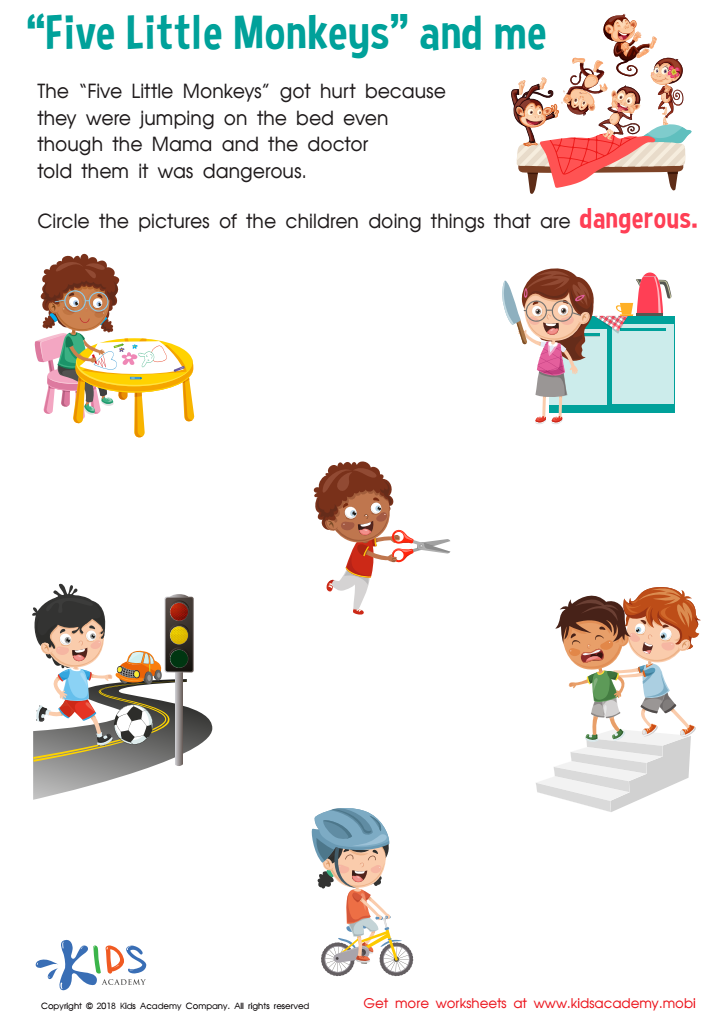

Five Little Monkeys and Me Worksheet
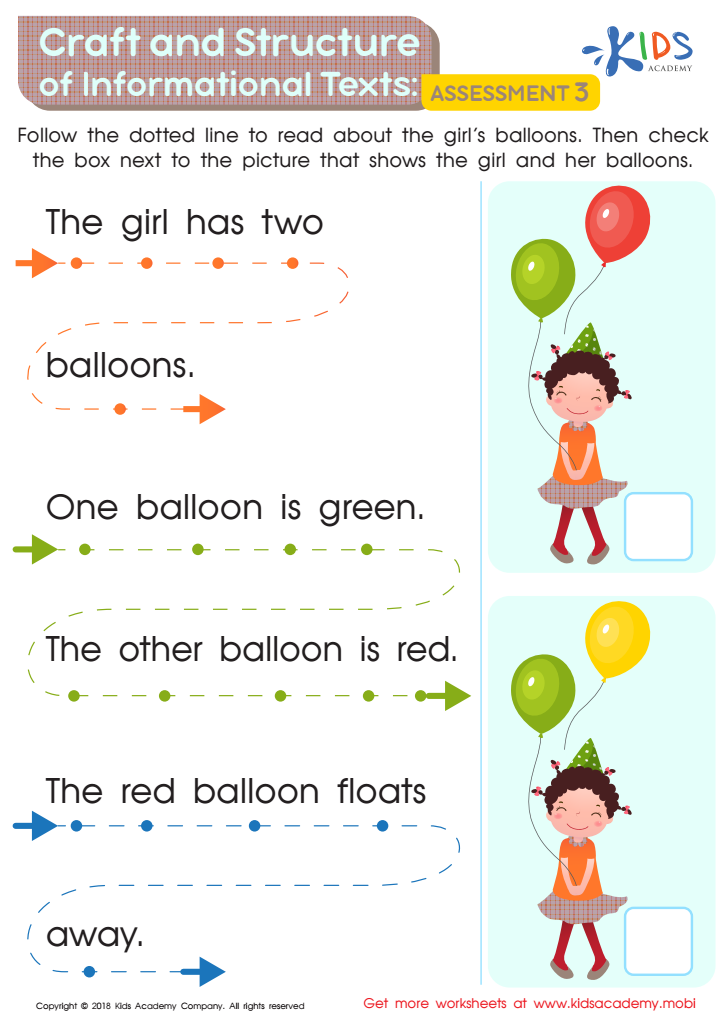

Craft and Structure of Informational Texts: Assessment 3 Worksheet
The integration of knowledge and ideas is a vital skill in early education that significantly impacts a child’s cognitive and social development. For parents and teachers, nurturing this skill is essential as it promotes critical thinking, creativity, and the ability to make connections across various subjects. When children learn to integrate information from different sources—whether it’s linking literature to real-world events or combining elements from science and art—they develop a deeper understanding of concepts and improve their problem-solving abilities.
Moreover, integration encourages collaboration and communication skills. In an increasingly complex world, the ability to synthesize diverse ideas prepares children for future challenges. They learn to appreciate multiple perspectives, fostering empathy and open-mindedness. This skill is not only important academically but is also a life skill that enhances personal and professional relationships.
By emphasizing the significance of integrating knowledge and ideas, parents and teachers can support children in becoming well-rounded, independent learners. Engaging children in activities that promote this integration, such as discussions, creative projects, and interdisciplinary studies, cultivates their curiosity and motivates them to explore further. Ultimately, investing in their ability to integrate knowledge paves the way for lifelong learning and informed citizenship.
 Assign to My Students
Assign to My Students







